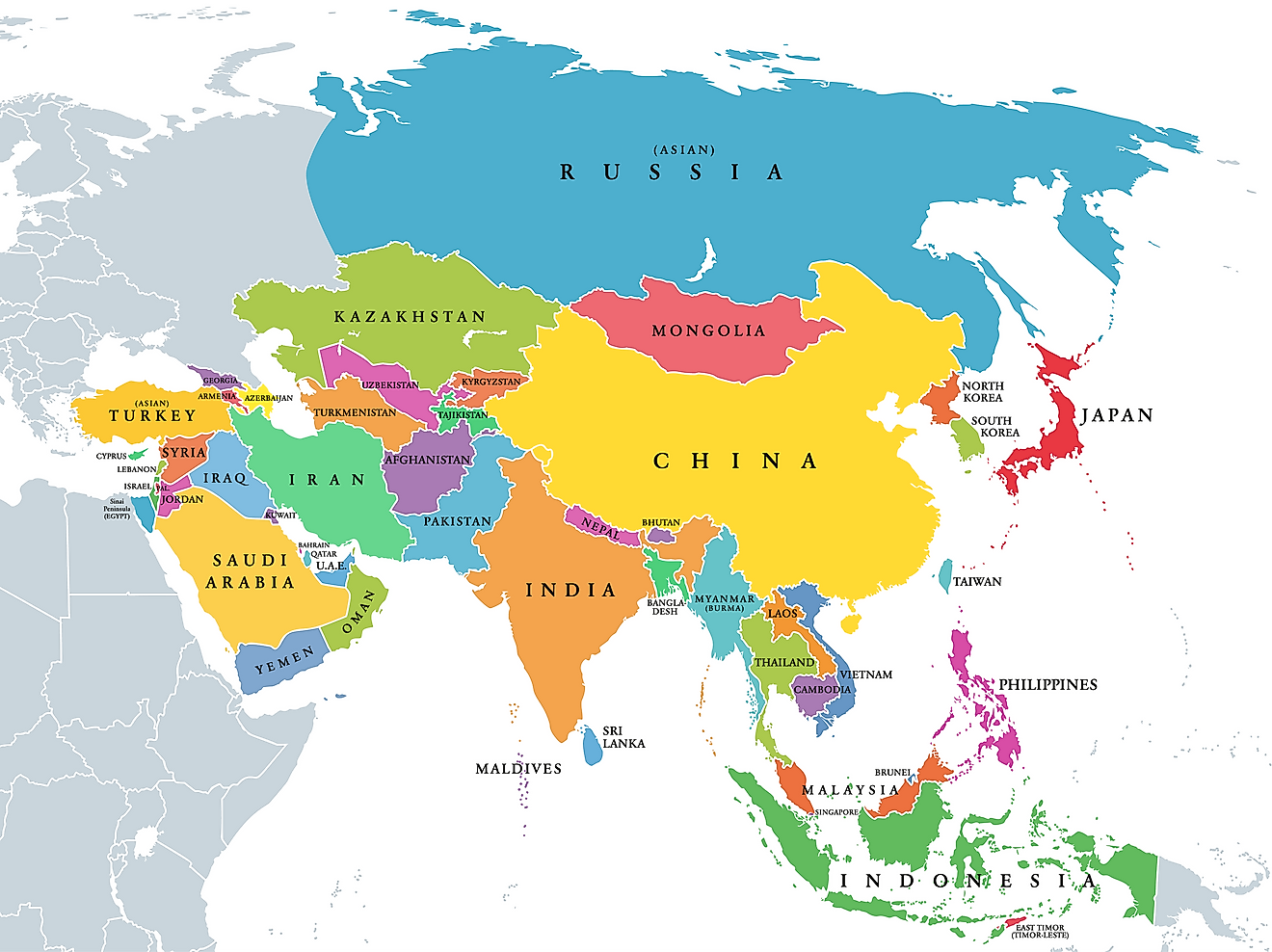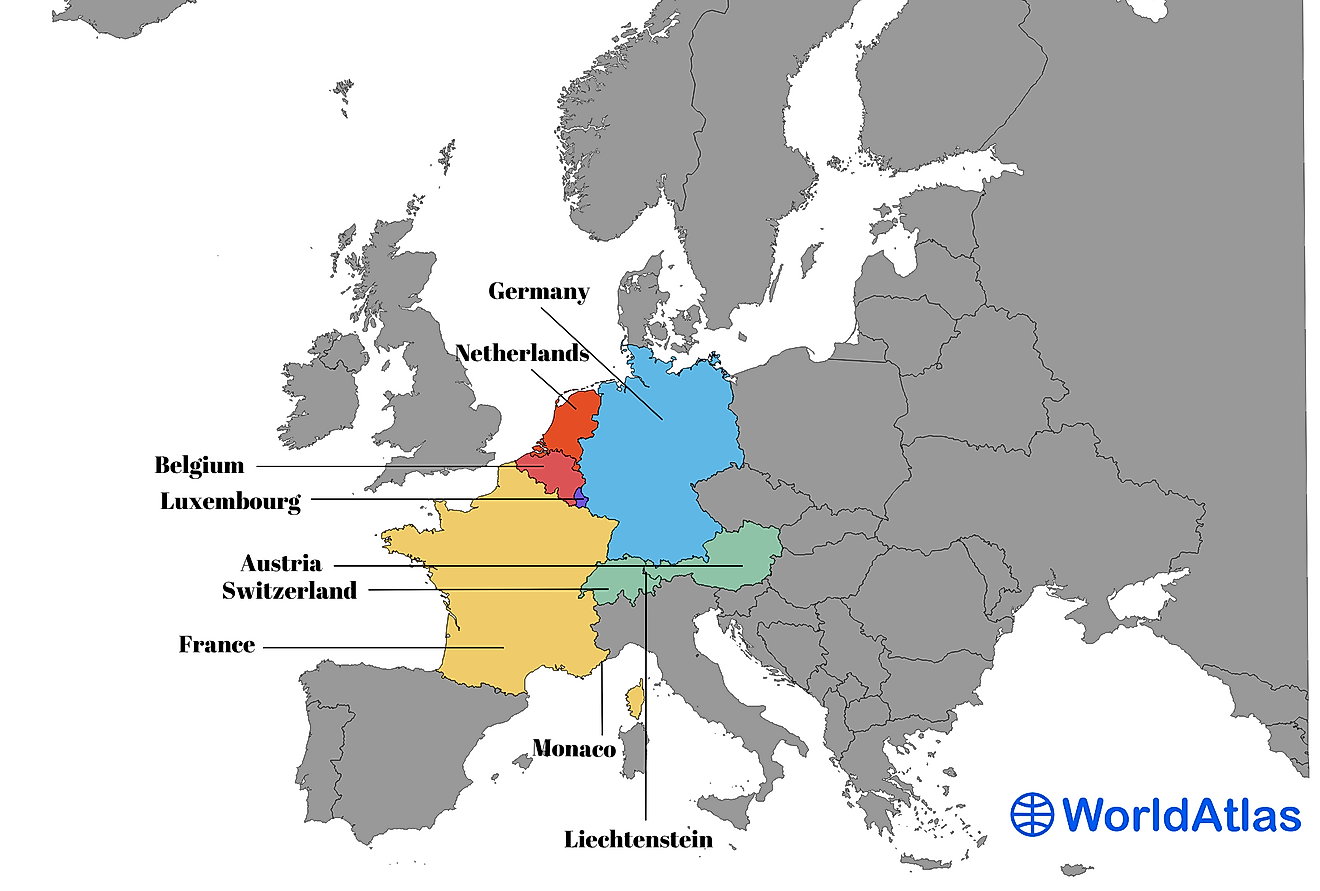What Is Cottage Industry?

By definition, a cottage industry refers to a system of production where goods and services are produced at home in small amounts as opposed to large-scale production in a factory. Most of the industries in the cottage industry focus on manufacturing unique goods and services that require many producers who mostly work part-time. In addition, this industry does not require a lot of capital to start, which equates to a moderate amount of income that the business generates. Unfortunately, since they are small-scale producers, they do not enjoy the backing of the government as much as large-scale producers who make major contributions to the economy.
On a broader scale, the cottage industry is part of a system known as the putting-out system. Under this system, which is also known as the domestic system or the workshop system, a central agent or manager gives work to contractors who work from home or small workshops. After the Industrial Revolution and the invention of more efficient machines, this system became less popular due to its slow speed. In periods before urbanization, this system suited most people because no one had to travel to work.
History of the Cottage Industry
The very first cottage industries appeared in the United Kingdom and the United States. Initially, the term was associated with producers who set up their businesses at home and did things like making laces, sewing, and manufacturing household goods. At the time, most of the labor would be from the family members with a business manager supplying the materials needed for production. Before the Industrial Revolution, some of the large-scale leading businesses in the world were once cottage industries.
The setup for these businesses is relatively simple. A business manager or operator (who is also the supplier of the material) travels around the world acquiring the required raw materials. After that, the manager delivers the raw materials to the producers who then give back the finished product for sale in local markets or foreign ones. The Industrial Revolution in Western Europe was actually brought about by these businesses, especially those that had the ability and foresight to expand. Before the revolution, the cottages were mostly active during the winter. The reason for this is that agriculture was not that profitable in the winter, which forced people to look for other sources of income.
Developing Economies
In these economies, cottage industries play a vital role in the economy in regions like Asia and South America. One of the ways they serve the economy is the provision of employment, especially since they involve a lot of labor. In urban areas, the income generated is likely negligible. However, these kinds of workshops in rural places can actually raise sufficient income to supplement the income from selling crops. These workshops can sell their goods in a local market or seek an eternal one.
As the country develops and the amount of wages increases, these industries are forced to adapt and acquire newer technologies. Consequently, they will also have to compete with other firms for experienced labor, which further increases the challenges. Those industries that can adapt end up making the most profit while others close up or stagnate.











